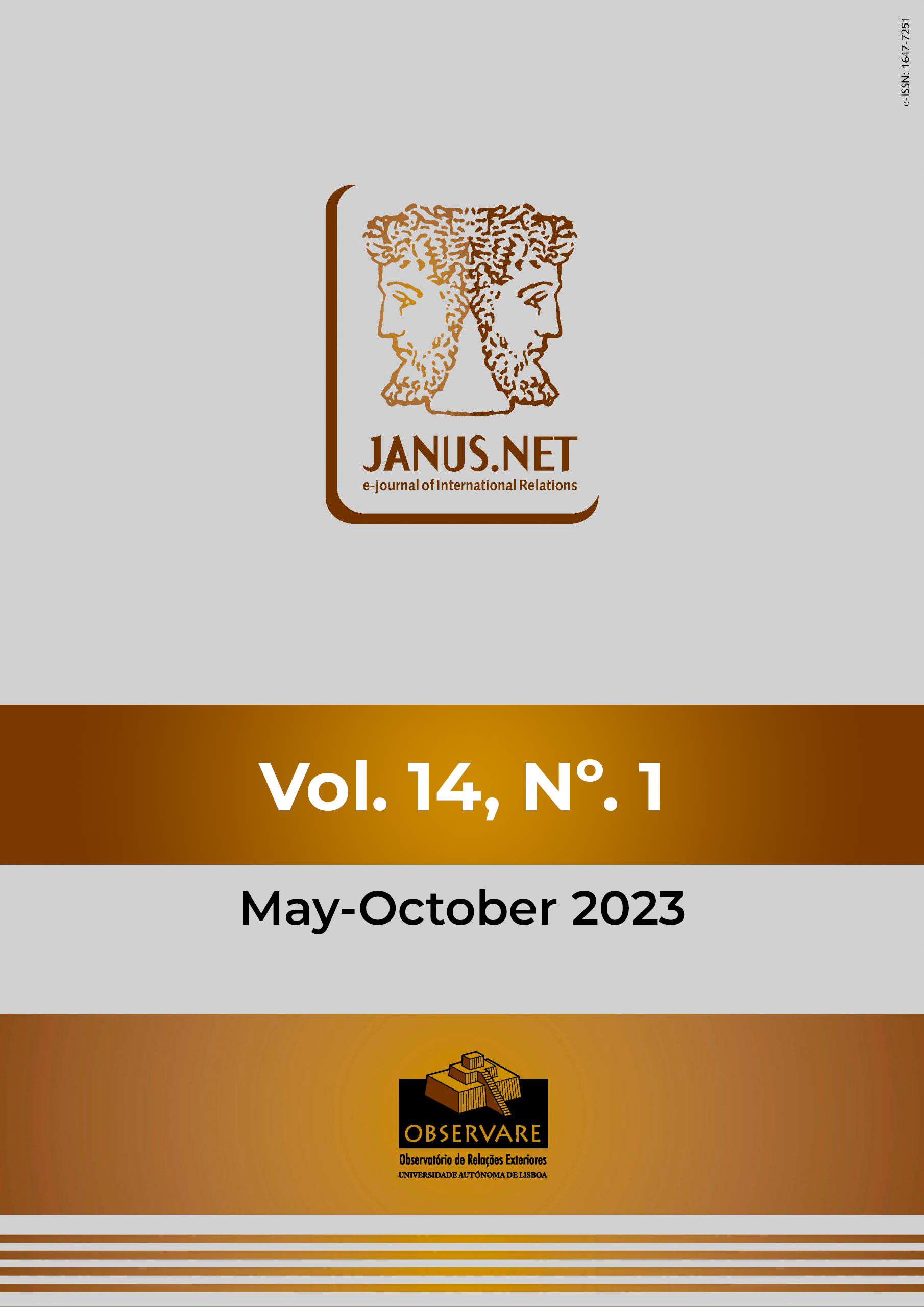The agrifood sector is a sector that, in the context of the global economy, has been registering an intrinsic potential to build, rather than deplete, natural capital. It supports daily and longterm well-being, contributing to economic and social development and, therefore, natural systems. The olive oil subsector has assumed a gradual economic importance in recent years due to the growth in production. However, this phenomenon has not changed Portuguese consumption habits too much, unlike Spain, as we will see. The olive oil line is a strategic route in both countries’ agricultural policy and economy. In Portugal and Spain this sector has registered a high level of investment and production, despite the expectation of a certain price stability. The Circular Economy is a recent concept, but it has long been present in the agrifood sector. The creation of “return circuits” in agriculture is inspired by the mechanisms of natural ecosystems and is an integral part of these same cycles. From the statistical analysis used, we conclude that there are several ways that the olive sector contributes to the circularity of the economy.
CHARACTERIZATION OF THE OLIVE SECTOR IN THE IBERIAN COUNTRIES: THE APPROACH OF A NEW REALITY
https://doi.org/10.26619/1647-7251.14.1.14
ANTÓNIO DUARTE SANTOS, SANDRA CRISTINA RIBEIRO
Abstract
Keywords
olive sector, olive oil production, consumption habits, economic circularity
Artigo publicado em 2023-05-30

